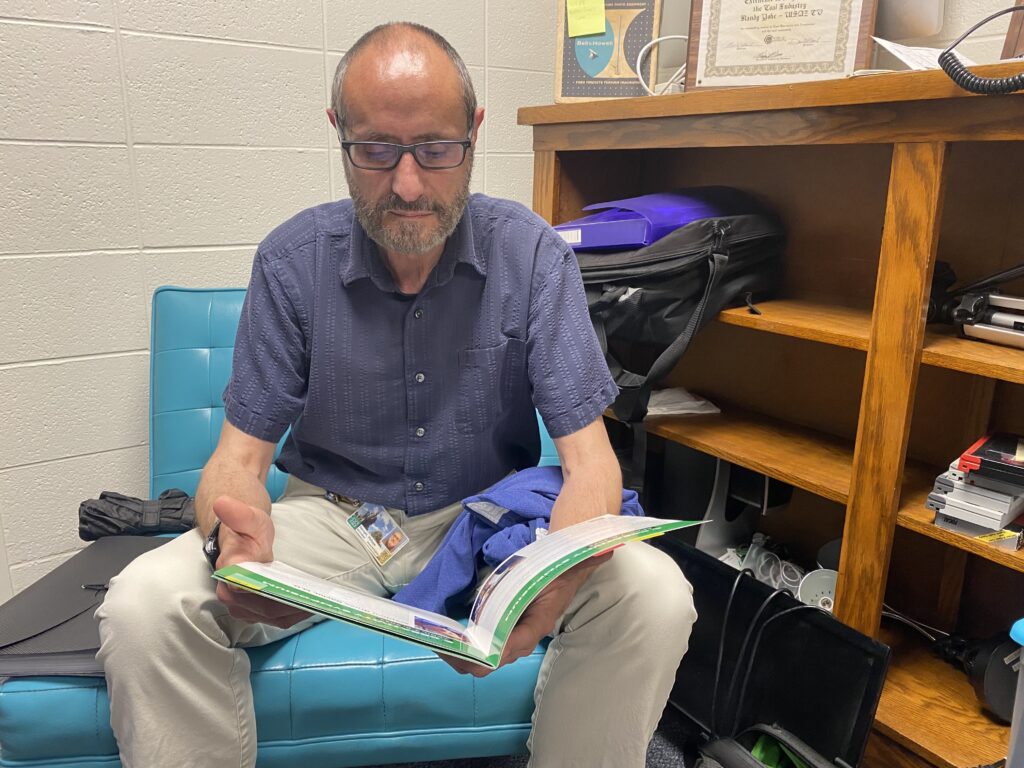More than 100 Marshall students will present their research findings on April 2 and 3 as part of Marshall University’s annual Research and Creativity Symposium.
Philipe Georgel is the Senior Director of Marshall’s Office of Student Research at Marshall University. He said the symposium’s goal is to alert the public to the vast research and creativity work on campus.
“By providing them a platform for them to present their work in terms of posters, in terms of performances for arts and media, in terms of all presentation, we expose them to the outside world,” Georgel said. “We want the people in the community to know that our students have done some fantastic things.”
Georgel said student research subjects range from better understanding weather patterns and flooding to building better bridges and more productive physical therapy.
“We have engineering students who are presenting some of their work in civil engineering about how to build bridges,” Georgel said. “We have people working in physical therapy who are telling you, what should you do to get your injury to come back to what you would like, which is normal.”
Georgel said student research on various aspects of obesity have found some possibly helpful curative links.
“West Virginia is high on the obesity list with links to type two diabetes,” Georgel said. “Type two diabetes eventually links to cancer. There are clear links between all three. So some of the students in the labs are working on aspects of how you transition from obesity to type two diabetes and type two diabetes to different types of cancer.”
The event opens on Wednesday with guest speaker Dr. Moshe Szyf. Szyf is a retired professor of pharmacology and therapeutics at McGill University in Toronto, Fellow of the Canadian Institute for Advanced Research Experience-based Brain and Biological Development program, and the Canadian Academy of Health Science, among other prestigious organizations.
Georgel said his talk, “How does the social environment talk to our genes,” will focus on the evolving field of epigenetics and how external factors like stress, nutrition and social experiences can influence gene expression and behaviors.
Georgel said MU student research into Huntington’s ongoing opioid crisis relates to Dr. Szyf’s findings.
A lot of students are looking at how the brain works and how opioids can affect different functions and affect our behavior,” Georgel said. “Our behavior depends on what genes are being expressed.”For more information on attending the free, two day event, click here.






















